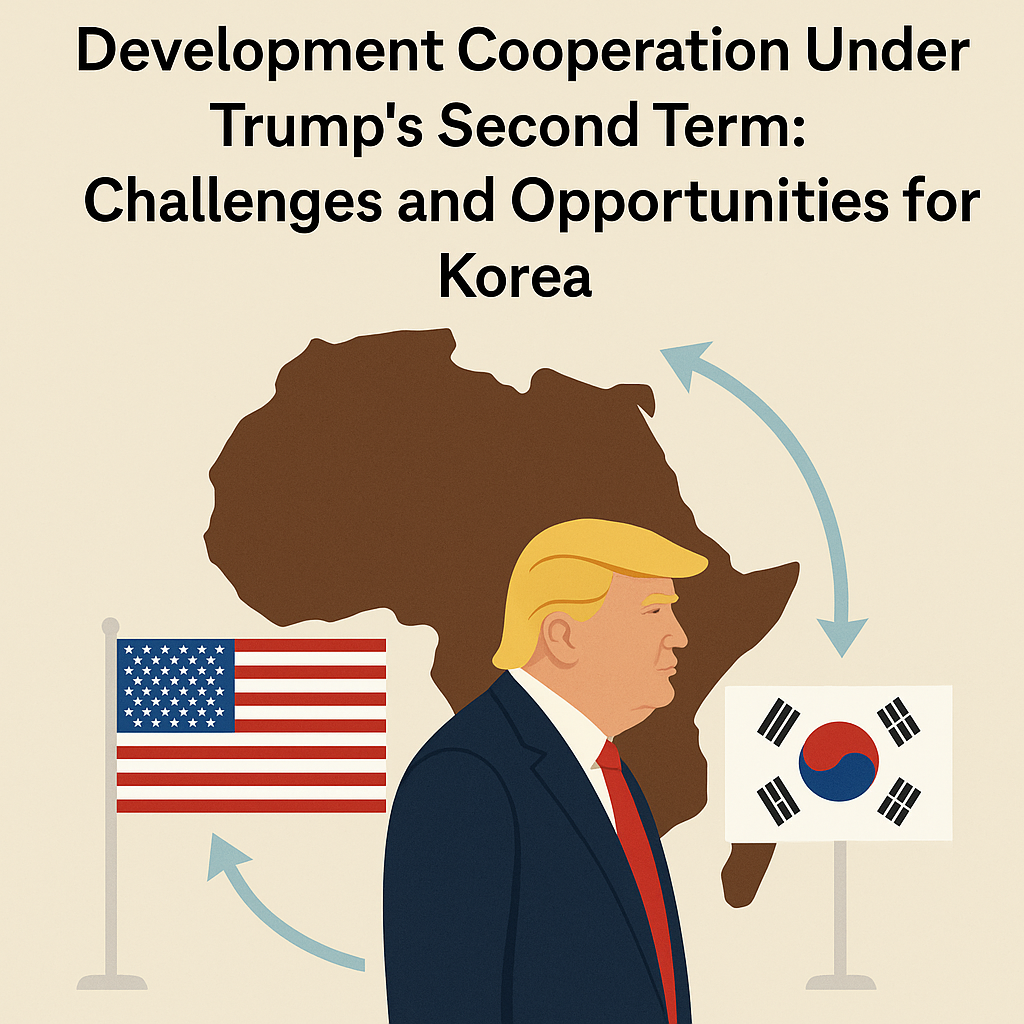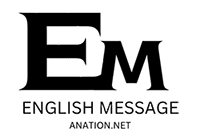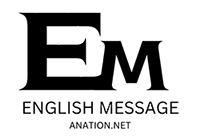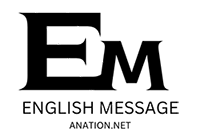The Shifting Landscape of African Development Cooperation Under Trump’s Second Term: Challenges and Opportunities for Korea

As the second Trump administration recalibrates its policy priorities under the banner of “America First,” the landscape of African development cooperation is undergoing rapid upheaval. The United States Agency for International Development (USAID), which since its establishment in 1961 has championed universal values such as poverty eradication, democracy promotion, peacekeeping, and human rights and health protection, now faces drastic downsizing—or even potential closure. On January 20, the White House ordered a 90-day suspension of all foreign development aid. The direction is clear: under “America First,” aid is being reduced and reoriented toward U.S.-centric strategic interests.
The numbers tell the story even more starkly. Over the past decade, USAID has accounted for more than 26% of Africa’s Official Development Assistance (ODA), investing over $15 billion annually—mainly in humanitarian projects focused on health and sanitation in sub-Saharan Africa. USAID’s large-scale aid has long been a cornerstone of African development and a symbol of American soft power diplomacy. However, the Trump administration, prioritizing federal debt reduction, has slashed USAID’s operations. Out of its 6,200 active programs, 5,200—roughly 83%—have been officially terminated. The aid budget for 2026 is projected to drop by 48% from 2025, down to $28.4 billion.
This is more than just a budget cut; it represents a fundamental shift in U.S. foreign policy DNA—from promoting “universal values” to pursuing “strategic U.S. interests.” The African Growth and Opportunity Act (AGOA), which granted duty-free access to African exports under the pretext of promoting development, is now under review for similar reasons. The U.S. no longer views Africa purely as a humanitarian recipient but as a player to be integrated into the global value chain through market-oriented reforms. President Trump has been explicit: aid must “serve the core national interests of the United States.”
The suspension of U.S. aid has had immediate consequences, severely disrupting Africa’s health, food security, and peacekeeping systems. In South Africa, the sustainability of HIV/AIDS programs is in jeopardy. If funding from the President’s Emergency Plan for AIDS Relief (PEPFAR) ceases entirely, experts warn that hundreds of thousands of additional HIV-related deaths could occur over the next decade. In Kenya, the cessation of USAID-supported pharmaceutical supply chains has led to severe shortages of HIV medication, endangering patients’ treatment continuity.
Food security has also been hit hard. Shortly after the 90-day aid freeze, approximately $500 million worth of food aid was left sitting in ports and warehouses, at risk of spoilage—and much of it ultimately went to waste. This has rippled through global humanitarian networks, disrupting relief operations. In Ethiopia’s Tigray region and Sudanese refugee camps, cases of aid diversion have surfaced, perpetuating a vicious cycle where corruption and mismanagement in recipient countries exacerbate the very inefficiencies used to justify aid cuts.
The “power vacuum” left by the U.S. has quickly become an arena for great-power competition. In Somalia and the Democratic Republic of the Congo, weakened peacekeeping operations have created openings for Russia and China. Russia is focusing on security cooperation and resource development, offering immediate medical aid, including tuberculosis and HIV treatments, to the Central African Republic.
China, meanwhile, is taking a more systematic approach, emphasizing “a shared future” and “non-interference” under its Belt and Road Initiative. It is expanding “package projects” based on infrastructure development, human resource training, and pragmatic cooperation.
As the U.S. “values-based” aid model fades, it is being replaced by the “unconditional” models of China and Russia—approaches that many African leaders find attractive for their lack of political conditions and visible, tangible outcomes. Yet this dynamic risks empowering ruling elites while weakening governance transparency and accountability.
Amid this crisis, however, seeds of hope are emerging. Africa is beginning to seek self-reliant development models, moving away from chronic aid dependency. The establishment of the African Continental Free Trade Area (AfCFTA) in 2021 stands as a milestone. As the world’s largest free trade agreement since the WTO’s founding, it aims to create a unified market by eliminating intra-African tariffs and non-tariff barriers. If successfully implemented, Africa’s total exports could rise by more than 30%—about $950 billion—by 2035, lifting roughly 30 million people out of extreme poverty.
Thus, while the USAID aid cuts have dealt Africa an “external shock,” they may paradoxically strengthen the continent’s “internal momentum” by accelerating structural reforms and reducing aid dependency. It is also time to address long-standing criticisms that traditional aid models have fostered moral hazard in some countries. Africa is now pushing forward with industrial restructuring to build a sustainable growth model resilient to donor volatility.
At this juncture lies an opportunity for Korea. The U.S. withdrawal has created significant gaps in Africa’s health, education, agriculture, and peacekeeping sectors. Korea can partially fill this void through its own ODA programs, while leveraging its technological innovation and development experience to support Africa’s industrial transformation. The key is to align with Africa’s preference for mutual partnership rather than one-sided aid.
Korea should focus on Africa’s vision of “inclusive green growth.” By transferring expertise in areas where Korea excels—such as smart grids, healthcare and sanitation, renewable energy, and ecotourism—while also building infrastructure and human capacity through education, Korea can establish its technologies as continental standards.
Africa represents the world’s final growth frontier and an immense emerging market. Its strategic choices increasingly shape global dynamics. As more African nations reduce reliance on the U.S., Korea’s proactive engagement could significantly enhance its influence and standing across the continent—strengthening its broader diplomatic position on the world stage.
In the long term, the U.S. shift in development policy may serve as a catalyst for Africa’s self-determined future. For Korea, this moment offers a rare opportunity to forge a new dimension of partnership with Africa. The key is not to miss it. As a proverb from Lesotho says, “Wisdom does not dwell in only one house.” In a rapidly changing world, Korea must act with adaptable wisdom—not merely filling the void left by America, but becoming a true partner that helps Africa achieve self-reliance and shared growth. Through that path, Korea too may find new sources of vitality for its own future.



 WEEKLY ECONOMIC TRENDS Friday, 09/06/2023
WEEKLY ECONOMIC TRENDS Friday, 09/06/2023








